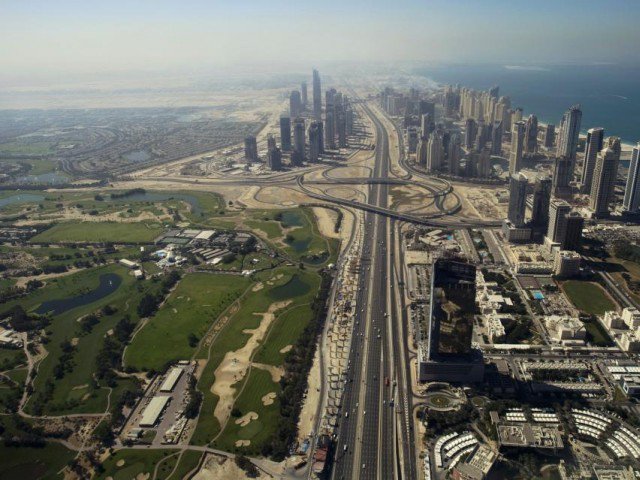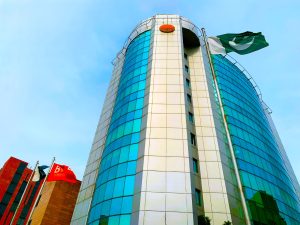KARACHI (Web Desk) – Although Pakistan’s economy is growing slowly, the real estate market is set to grow steadily. Foreign investors are noticing that the political situation in Pakistan is improving, and the government’s new liberalized investment policy is also making the country seem more attractive.
Low annual inflation rates in Pakistan over the past couple of years have encouraged foreign investment in real estate. However, there are still many challenges, and foreign investment is not yet stable. Property portal Lamudi Pakistan has conducted surveys to predict the factors which may increase foreign direct investment (FDI) in the country.
An overview of Pakistan’s economy
Despite low growth figures, Pakistan’s economy has experienced positive developments over the past year. A drop in inflation has favourably impacted the real estate sector of Pakistan, attracting foreign investors by showing positive signs of strong economic growth. The average per capita income in the country has increased by 9.3%, while the exchange rate has remained stable, hovering at around Rs.102/$ in the inter-bank market. The economy has shown resilience in the face of flooding and ongoing political uncertainty, indicating that things are set to improve. In its biannual South Asia Economic Focus report, the World Bank states that Pakistan’s GDP growth rate is expected to improve during the next fiscal year.
How much does real estate contribute to the country?
The real estate sector contributes to approximately 2% of Pakistan’s total GDP. It is an integral part of Pakistan’s economy. This is highlighted in the sheer market value of its real estate assets, which is around 700 billion USD. Moreover, this sector is the second largest employer in Pakistan, after the agricultural sector.
Is FDI healthy in Pakistan?
In the past, FDI in Pakistan has taken many knocks. Unfortunately, investment in real estate has not escaped these knocks. According to the State Bank, net FDI into Pakistan declined by 1.4% in the first seven months of 2014-15. As a result of repeated setbacks, foreign investors are adopting a wait-and-see approach due to political uncertainty, economic concerns and security worries. They are closely monitoring the economic situation for improved stability and positive macroeconomic indicators.
When it comes to real estate, when the government introduced 8% capital gains tax, capital value tax and stamp duty, this made a dramatic and negative impact. The prices of properties decreased and buying and selling activity dropped. Other concerns include a lack of available housing finance leading to a backlog in available property.
Is the government doing anything to encourage FDI in real estate?
While the rate of FDI is far from stable, these days Pakistan has the desired market size and skill set for foreign investment. Furthermore, the government is now making positive interventions in the real estate market. In the Federal Budget 2015-16, the government announced relief measures for developers and builders. In order to address the housing backlog, a house refinancing program has been proposed. In addition, customs duty on the import of construction machinery has also been reduced to 10%. Finally, the government has taken measures to promote the development of real estate investment trusts (REITs) in Pakistan.
The outlook for Q2-Q4 2016
The outlook for Q2-Q4 2016 looks strong for Pakistan’s real estate sector, but there is still quite a journey ahead. According to a recent survey of local real estate agents by Lamudi, 78% are positive about the outlook for the sector as a whole. 75% of agents expressed confidence about the expected increase in FDI flows. One of the main reasons for this is the signed agreement between Pakistan and China to create an economic corridor. The introduction of REITs has also helped a great deal. However, there are still a number of constraints holding the industry back. These need to be addressed by the government in order to further boost the industry.














